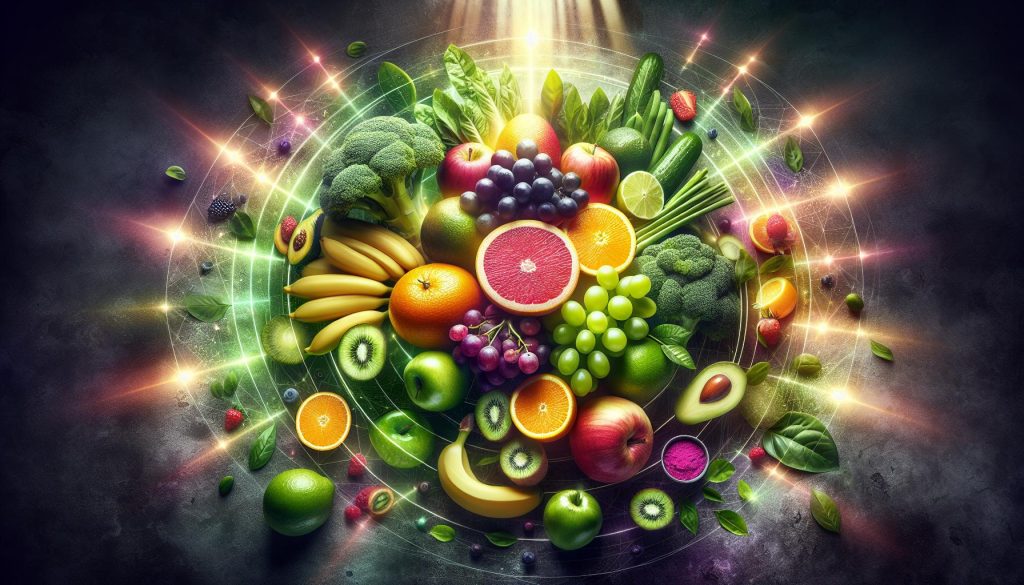
A Burst of Bubbling Energy: Finding Feasts that Fuel your Life
What diet gives you the most energy? Well, in a nutshell, a balanced and varied diet rich in lean proteins, whole grains, fruits, vegetables, and healthy fats provides the greatest energy boost and promotes overall vitality. These foods pack a powerful punch, providing sustainable energy that can keep you active throughout the day. In this article, we will delve deeper, analyzing specific diets that claim the crown for energizing your body, while unravelling strategies to incorporate them into your routine.
Energizing Engines: The Power of Proteins
Firstly, feast your eyes on the amazing ability of proteins. Acting as the building blocks of life, proteins are vital for the production of amino acids, which in turn help stimulate the production of energy in the body. Lean meats, fish, eggs, and plant-based proteins like beans and lentils are classic examples of protein-packed foods.
Kudos to Ketogenic Diets
Amidst the jungle of diets, the ketogenic, or “keto” diet stands tall. Conceptualized as a low-carb, high-fat diet, it effectively transforms the body into a fat-burning machine. By reducing your carbohydrate intake, your body initiates a metabolic state known as ketosis, where it effectively burns fat for fuel rather than carbs.
Champions of Carbohydrates
Moving on, carbohydrates have long been the sporting world’s secret weapon. This macronutrient presents a rapid source of energy, maintaining blood glucose levels and replenishing muscle glycogen. Whole grains, legumes, fruits, and vegetables are exceptional sources of healthy carbohydrates.
The Marvel of the Mediterranean Diet
An indisputable champion of health and energy is the Mediterranean Diet. Brimming with fresh fruits, vegetables, whole grains, and lean proteins, this diet houses the secret to sustainable energy. More of a lifestyle than a diet, the Mediterranean eating plan embraces heart-healthy fats like olive oil and avocados that are crucial for energy production.
Miracle of Micro-nutrients
Apart from the main macronutrients, the minuscule powerhouses of vitamins and minerals are also essential components. Fruits, vegetables, whole grains, and lean proteins are well-endowed with these critical micronutrients that support energy metabolism. These include Vitamin B, Iron, and Magnesium, each playing a vital role in the body’s energy production procedures.
The Alkaline Advantage
In this discussion, an honorable mention is certainly reserved for the Alkaline Diet. It involves consuming foods that are low in acid-producing elements, hence fostering energy production. Green leafy veggies, nuts, seeds, and tubers are staple components of the Alkaline Diet.
In the End…
All things considered, every ‘body’ is unique, and what may work wonders for one might not do the same for others. The key is knowing and understanding your body, listening to your intuitive hunger and satiety signals, and customizing your diet accordingly. Achieving energy balance is not a quick-fix solution, but a slow and steady journey, filled with trial and error until you find that food formula that leaves you feeling invigorated, vital, and lively.
Frequently Asked Questions
1. Is the ketogenic diet energy-efficient?
Yes, the ketogenic diet is a high-fat, low-carb eating plan that may assist in transforming the body into a fat-burning powerhouse.
2. Do carbohydrates provide energy?
Absolutely. Carbohydrates are the body’s primary source of energy. They help maintain blood glucose levels and replenish muscle glycogen.
3. What role do proteins play in energy production?
Proteins are life’s building blocks and are vital in the stimulation of amino acids, which assist in energy production.
4. Can I get energy from vegetables and fruits?
Certainly. Fruits, vegetables, whole grains, and lean proteins are fantastic sources of vitamins and minerals that support energy metabolism.
5. Is the Mediterranean diet good for energy?
Yes, the Mediterranean Diet, rich in fresh fruits, vegetables, whole grains, and lean proteins, is a tremendous source of sustained energy.



